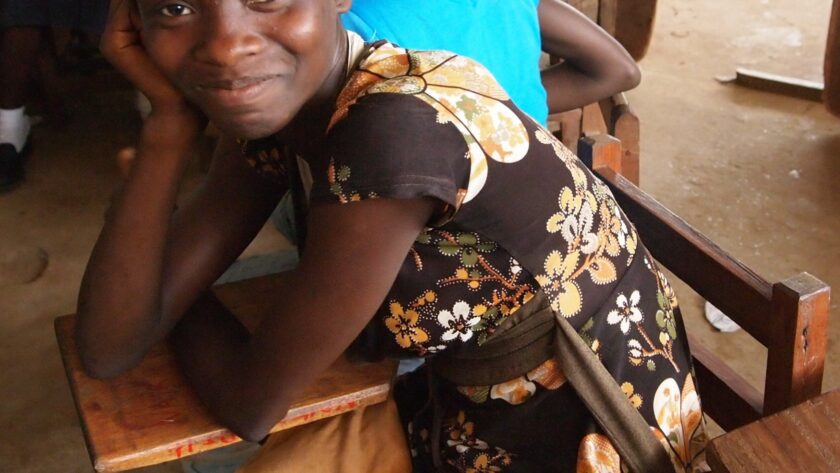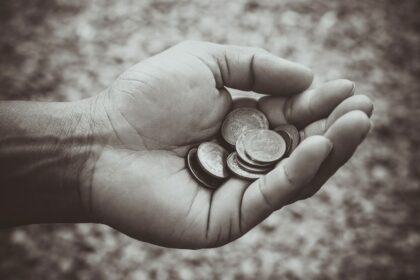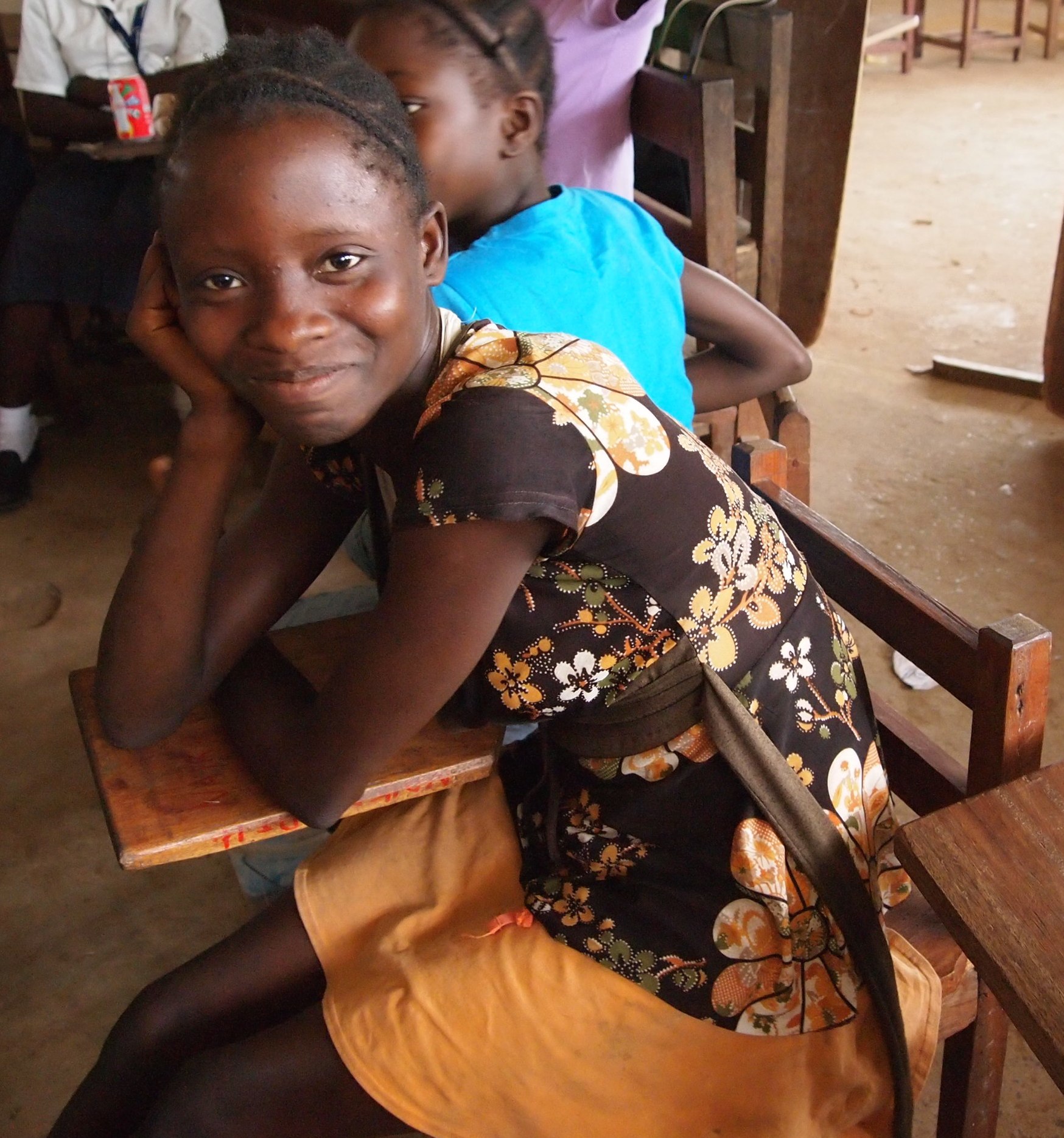
Six months ago, more than 270 Nigerian girls were kidnapped from their school in the middle of the night by the terrorist group Boko Haram. In the months since, 57 managed to escape and not one student has been rescued. It seems every week we hear news stories of women and girls being attacked, kidnapped or abused around the world. And those are the stories that actually get media coverage.
For this year’s International Day of the Girl on October 11, Epicure and Culture wanted to go beyond trending hashtags like #bringbackourgirls to truly understand this complicated human rights issue. Melissa Hillebrenner, Director of Girl Up at the United Nations Foundation, tells us why girls’ education terrifies extremists, what she would say to Boko Haram and how education is the key to ending violence against women.
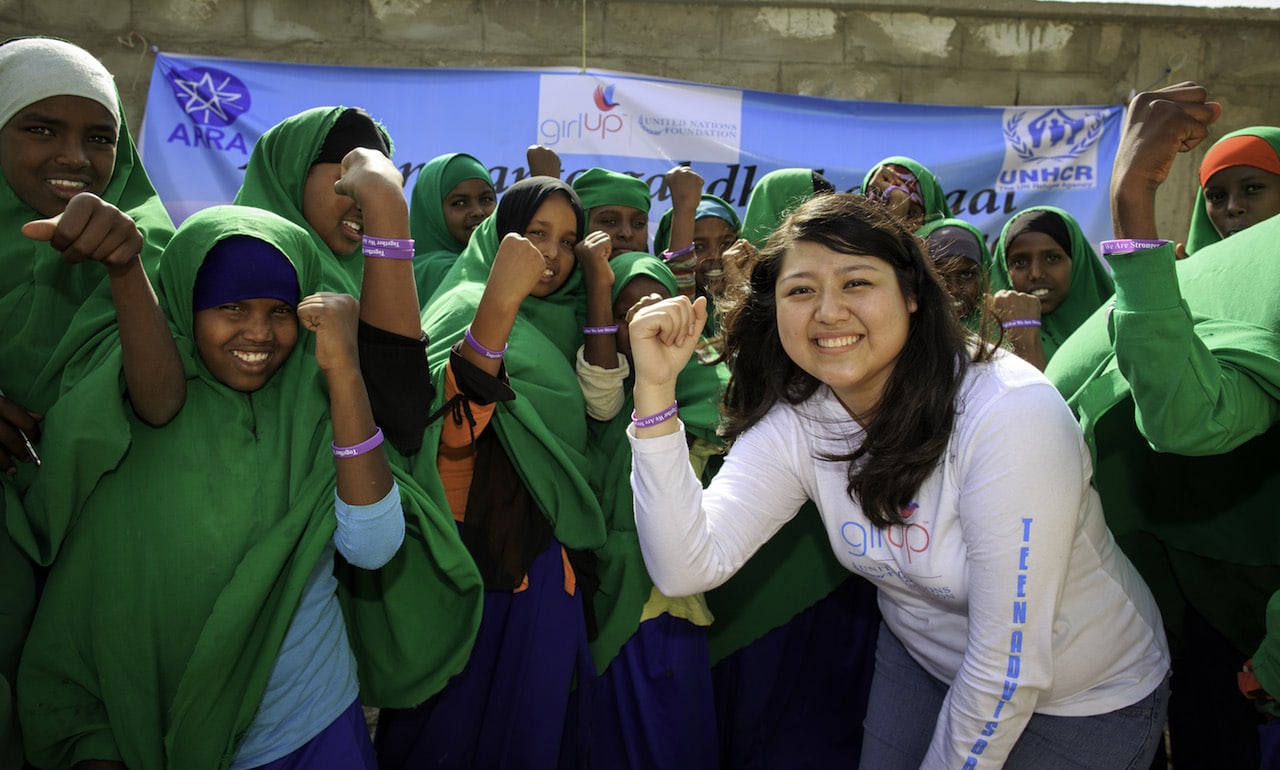
Give us a snapshot of the status of women and girls in the world today.
The reality facing many girls around the world is dire, and the discrimination is often twofold because they are female and because they are young. Adolescent girls are often denied their basic human rights, devalued because of existing gender bias, and seen as unworthy of investment. They face serious disadvantages across a wide range of areas, including education, health and nutrition. They have limited opportunities to participate in the formal economy or hold leadership positions. In many areas girls and women cannot vote, cannot own or inherit property, and they do not have the right to stop unwanted sexual advances.
This year’s IDG theme is Empowering Adolescent Girls: Ending the Cycle of Violence. If you had millions of dollars at your disposal to address gender-based violence, how would you invest it for the most impact?
In too many communities around the world, girls are criticized for going to school or denied their right to education completely. Worldwide, more than 60 million girls of primary and secondary school age are not in school. Education is a key to future opportunities, to improving our potential in the world; being in school keeps girls away from violence and less vulnerable to child marriage.
A growing body of data has shown that supporting girls by promoting their education correlates with healthier families, higher family incomes, economic development, and environmental sustainability. For example, an extra year of primary school boosts girls’ eventual wages by an estimated 10 to 20 percent, and an extra year of secondary school boosts them by 15 to 25 percent. It is essential that we make sure education is the right of all girls, not a privilege for a few.
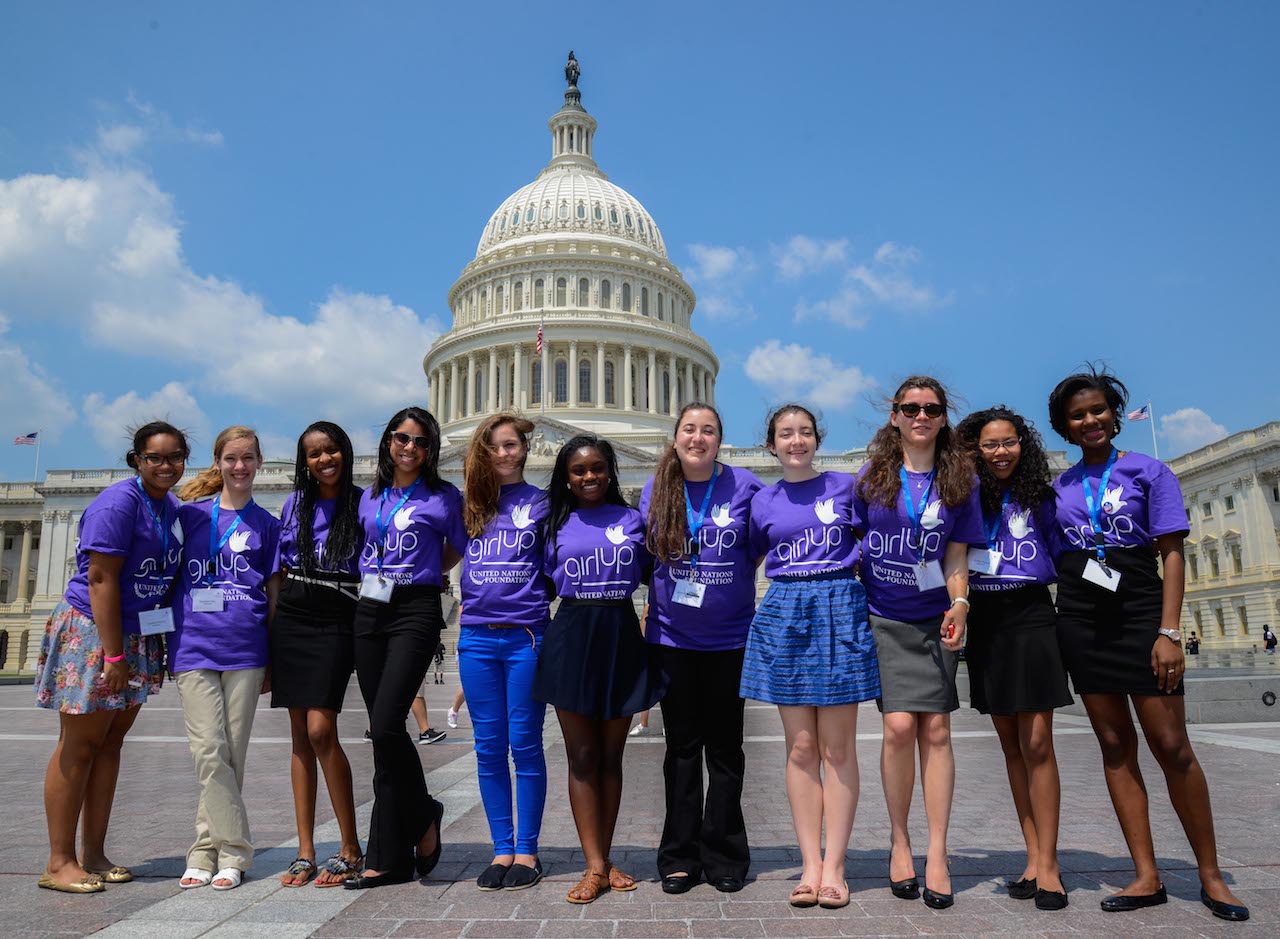
What is it about educating and empowering girls that seems to enrage violent extremists?
An educated girl is a powerful one. For girls in developing countries, going to school can be more than just an opportunity to be educated – it can mean avoiding long work hours, staying healthy and the possibility of getting a job that otherwise would not be possible. Girls who attend school can receive training in group participation, civic engagement, decision-making and leadership, which help reduce poverty and increase their community involvement as adults. This idea is threatening to people who hold the power – they can view it as a loss of control, even though it should be seen as a positive investment for society.
If you had 15 minutes with Boko Haram or the armed Taliban men who attacked Malala Yousafzai on her way to school, what would you say?
I’ve had the privilege of meeting Malala Yousafzai, who happens to be one of my personal heroes. I admire her and want to echo how she’s responded to this question, because I don’t think I can say it better. If I had 15 minutes with Boko Haram or the Taliban, I would want to convey to them how important education is and how I hope that their children are able to go to school so that that they can live healthier, safer and more prosperous lives.
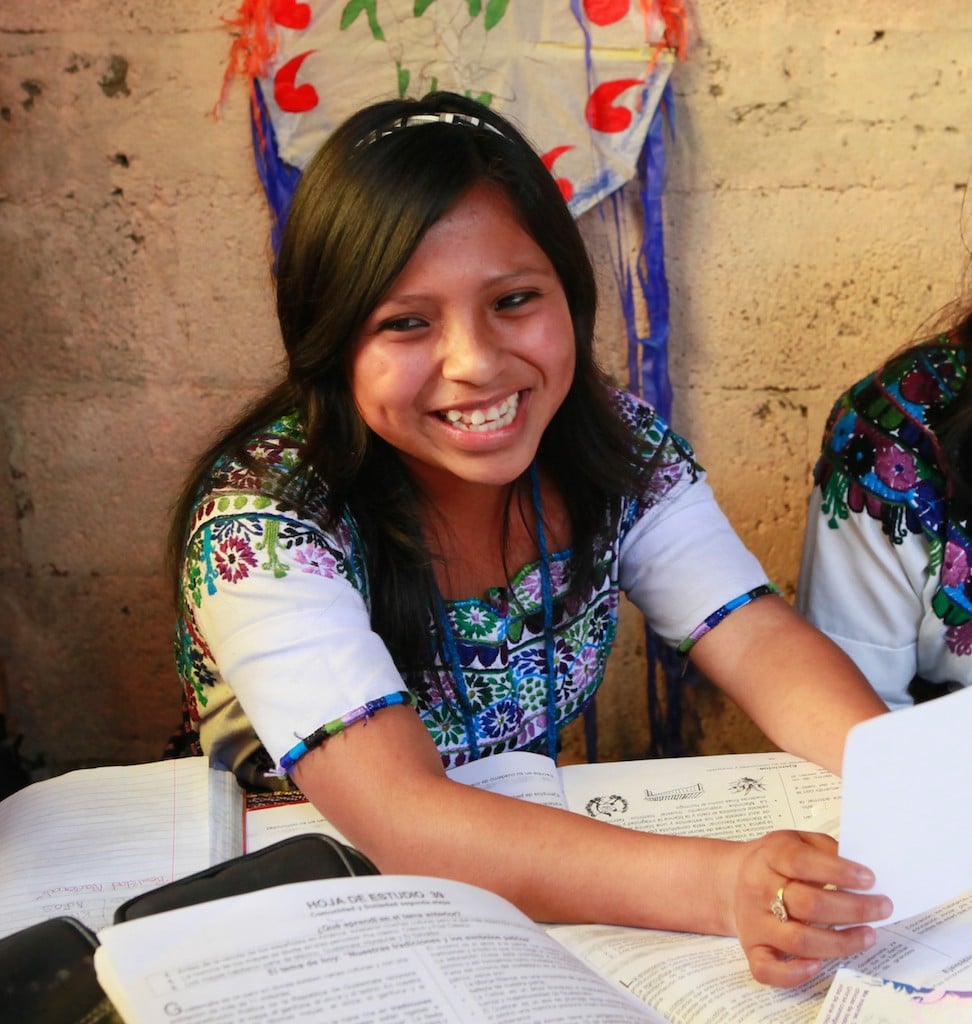
In her game-changing UN speech, actress and activist Emma Watson extended a formal invitation for men to get involved in gender equality. How can we engage men and boys in a tangible way?
As I said before, supporting and empowering girls results in healthier families and higher family incomes (which includes dads, brothers, and sons), economic development (which benefits whole communities) and environmental sustainability (which is good for the world). To move towards gender equality, it will require boys and men to think and act in different ways, to challenge traditional images and stereotypes of masculinity, and to redefine their relationships with girls and women.
There are a growing number of campaigns and initiatives that are trying to tackle the issue of meaningfully engaging men and boys, because achieving gender equality is not just a women’s issue. In her speech, Emma Watson helped launch HeForShe, a solidarity campaign with UN Women (one of Girl Up’s partners) for gender equality. It’s a movement that aims to bring one half of humanity together in support of the other for all of us.
Ending violence against women and achieving gender equality often seems overwhelming, what are three ways people can make a difference?
Every person has the potential to make a difference in the life of a girl. Anyone can advocate, fundraise or be leaders to empower adolescent girls worldwide. As Anne Frank said, “How wonderful it is that nobody need wait a single moment before starting to improve the world.” Start today.
- Be a Leader – Take charge to empower yourself, your school, your workplace and your community. Join the Girl Up Community today: clubs.girlup.org
- Advocate – Make your voice count and contact your policymakers to affect change: www.girlup.org/get-involved/girls-count.html
- Fundraise – Raise money for United Nations programs that support the hardest-to-reach adolescent girls in developing countries: fundraise.girlup.org
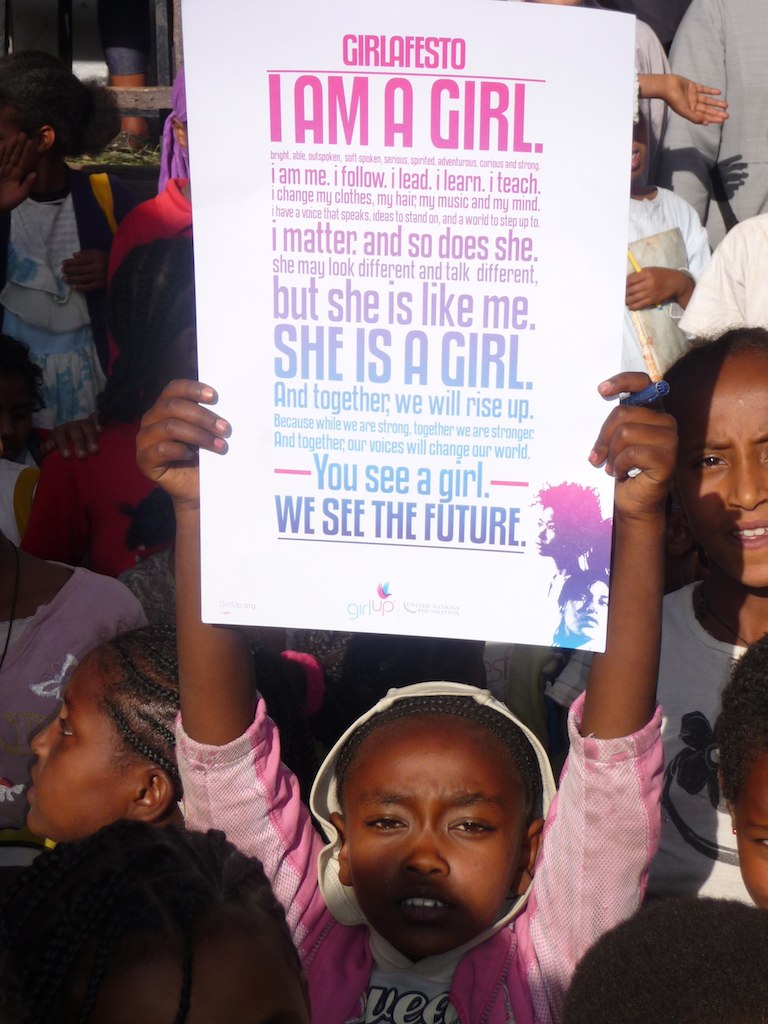
By Abby Sugrue
Also Check Out:
Do You Want To Be A Travel Blogger?
Tracing The Heritage Of The Delicious Bakarkhani From The Mughal Era To Present Day South Asia
How Coffee Is Helping Bring World Peace
Latest posts by Abby Sugrue (see all)
- How A Farm-To-Fork Food Truck Is Providing A Positive Future For Formerly-Incarcerated Youth - Nov 24, 2014
- 48 Hours On A Vineyard: 5 Things I Learned During Harvest Season - Nov 10, 2014
- How Jewelry Is Helping Underprivileged Girls In Bangladesh Gain An Education - Oct 28, 2014
- Get Involved: Celebrate International Day of the Girl By Helping Provide An Education - Oct 10, 2014
- Shakshuka: The Key To Delicious Cultural Immersion On A Budget In Israel - Sep 29, 2014

